Cox’s Bazar, MINA – Rohingya refugees who have lived for years in Bangladesh’s Cox’s Bazar district camps see higher education as a path to a life of dignity.
“As members of the civilized world, it is our basic human right to receive higher education for our existence as a nation in the future,” Mohammad Hamidullah, a Rohingya youth who is still in junior high school, was quoted from Anadolu Agency on Tuesday.
According to an Amnesty International report, more than 750,000 Rohingya Muslims have fled the Myanmar Military’s brutal crackdown in Rakhine since August 25, 2017 and crossed into Bangladesh, bringing their total number in the South Asian country to more than 1.2 million.
Hamidullah was among those who migrated to Bangladesh on the perilous week-long journey with his family, including his mother and two sisters.
Also Read: UN Experts Warn Right Violations in Kashmir by Indian Authorities
He still doubts his father’s whereabouts. “Members of the Tatmadaw (Myanmar army) held my father at gunpoint in 2012 and there has been no trace of him since. Despite the great disaster in our family, I somehow managed to continue my education up to grade 10 (level 10) before our migration to Bangladesh in 2017,” he said.
“After taking refuge in a refugee camp in Bangladesh, I had no chance to continue my education,” he added, noting that if all went well, he would be a student now.
Referring to his friends, he claimed to know at least 100 Rohingya youths who were studying at the secondary level during the August 2017 exodus.
“Please find a mechanism so that we can continue our education for future leadership and the dignified survival of our nation,” said Hamidullah who is a resident of Rohingya camp no. 5.
Also Read: At Least Nine Children and One Woman Killed in Pakistani Airstrike on Afghanistan
Another Rohingya youth, Ziaur Rahman, who teaches English to refugee children at camp-based learning centers said the international community should set quotas in various educational institutions for Rohingya around the world.
“We grew up without education. Only a small part of our new generation received basic education in camp-based learning centers. No nation can last long without higher education,” he added.
Rahman also described the current situation in Myanmar. “We were denied higher education under various pretexts in Myanmar and now in Bangladesh, we have no room to get higher education with our identity as stateless people without refugee status,” he said.
Meanwhile, Khin Maung, founder and executive director of Cox’s Bazar-based Rohingya Youth Organization (RYO), said the international community should work closely with the Bangladeshi government to develop higher education facilities for Rohingya.
Also Read: Pakistan Condemns Israeli Settler Attacks in West Bank, Al-Aqsa Storming
“Education is a human right, so it is for everyone. Higher education is necessary for Rohingya students because it is their dream. Every student has a certain dream in life. For example, someone wants to become a doctor, then he or she should complete higher studies,” said Maung.
Referring to education as a basic right of every citizen, he added, education is the backbone of a nation and without high and quality education, it is very difficult to survive.
Developed countries should provide scholarship opportunities for Rohingya students so that they can pursue higher education in various countries, he said, adding that the United Nations could help persuade its member states to approve scholarship opportunities for Rohingya students at their respective state universities.
He also thanked the Bangladeshi government for its generosity in hosting more than one million Rohingya over the years. (T/RE1)
Also Read: China Criticizes US-Drafted UN Gaza Resolution as Vague, Abstains from Vote
Mi’raj News Agency (MINA)






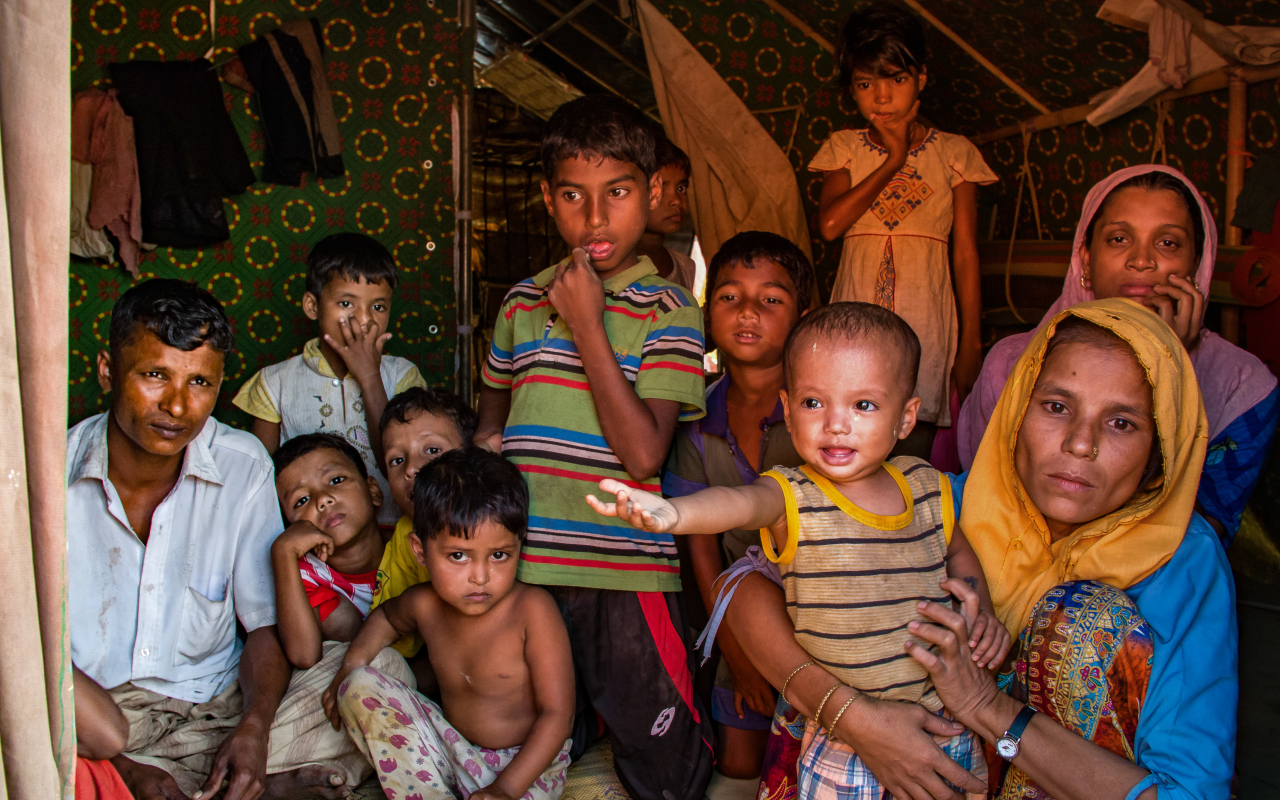





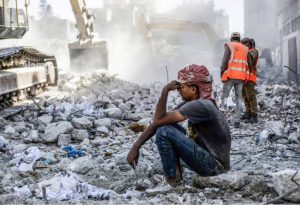



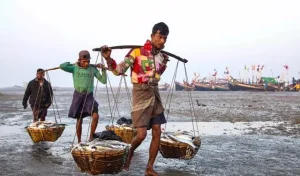
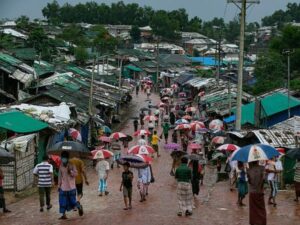
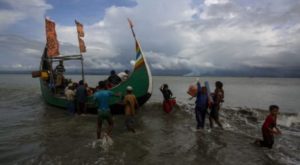
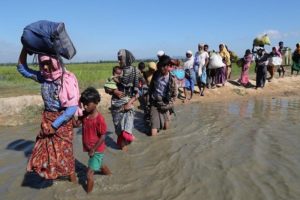












 Mina Indonesia
Mina Indonesia Mina Arabic
Mina Arabic